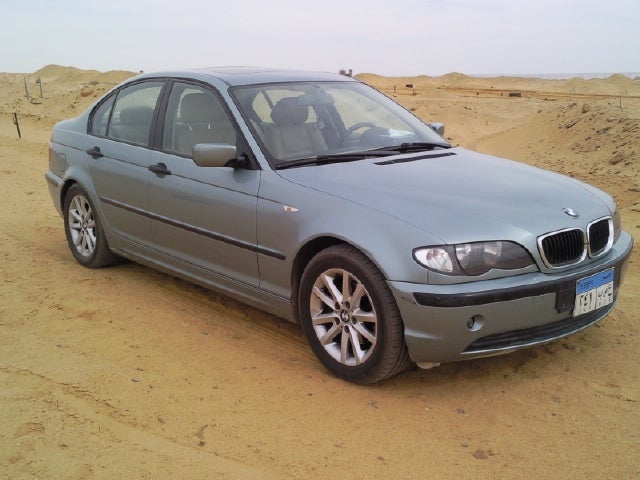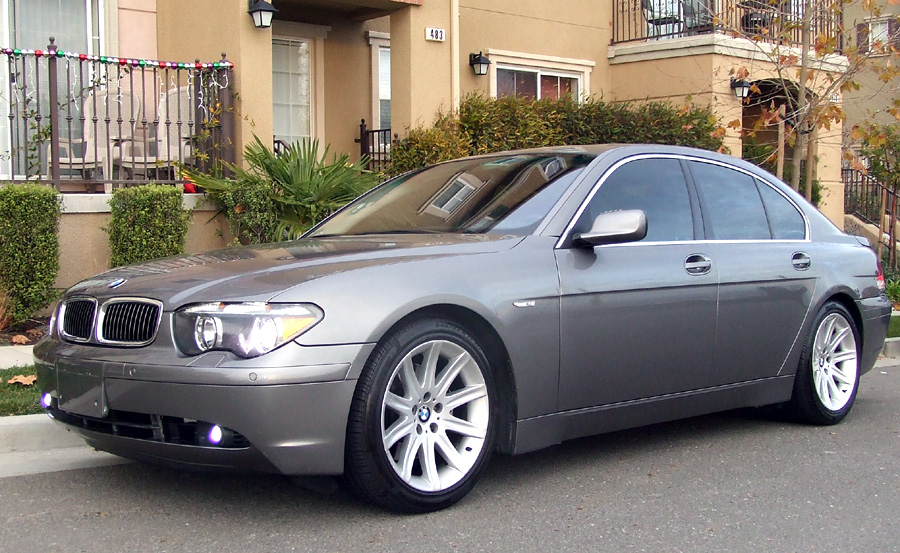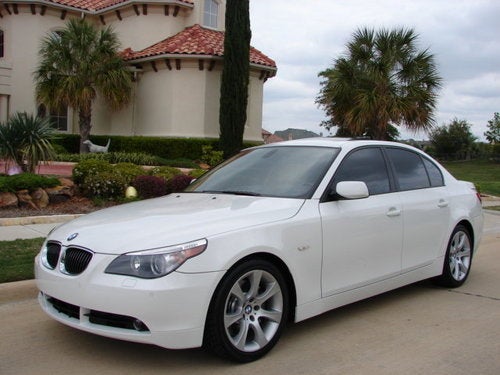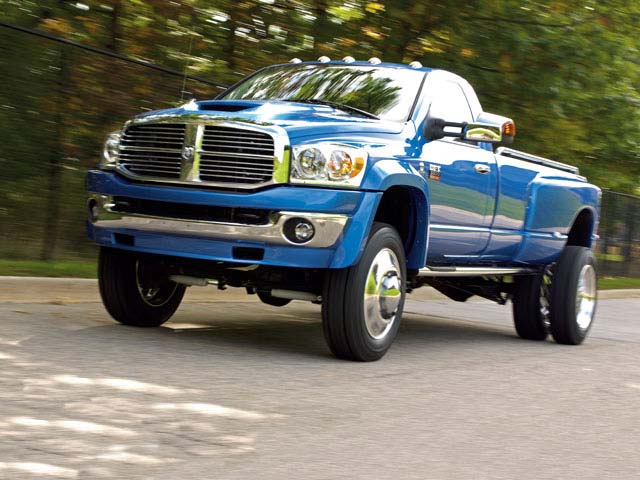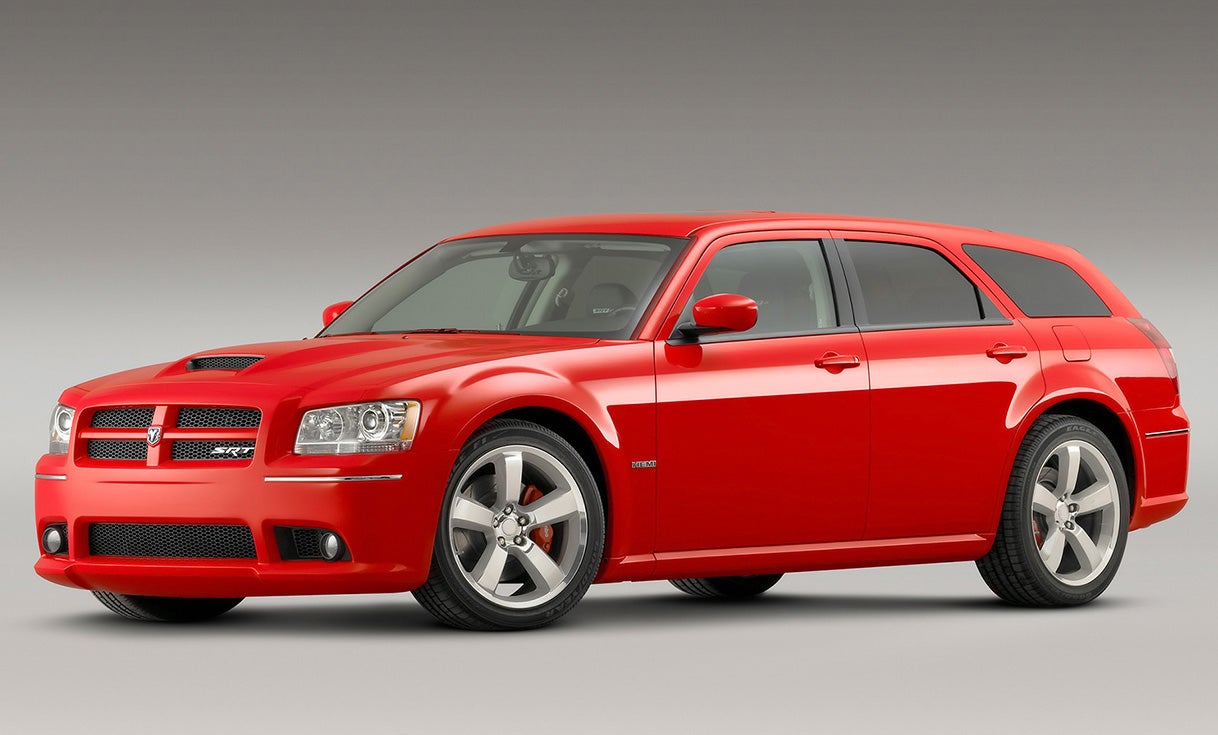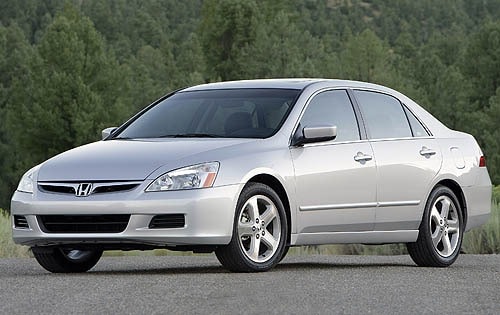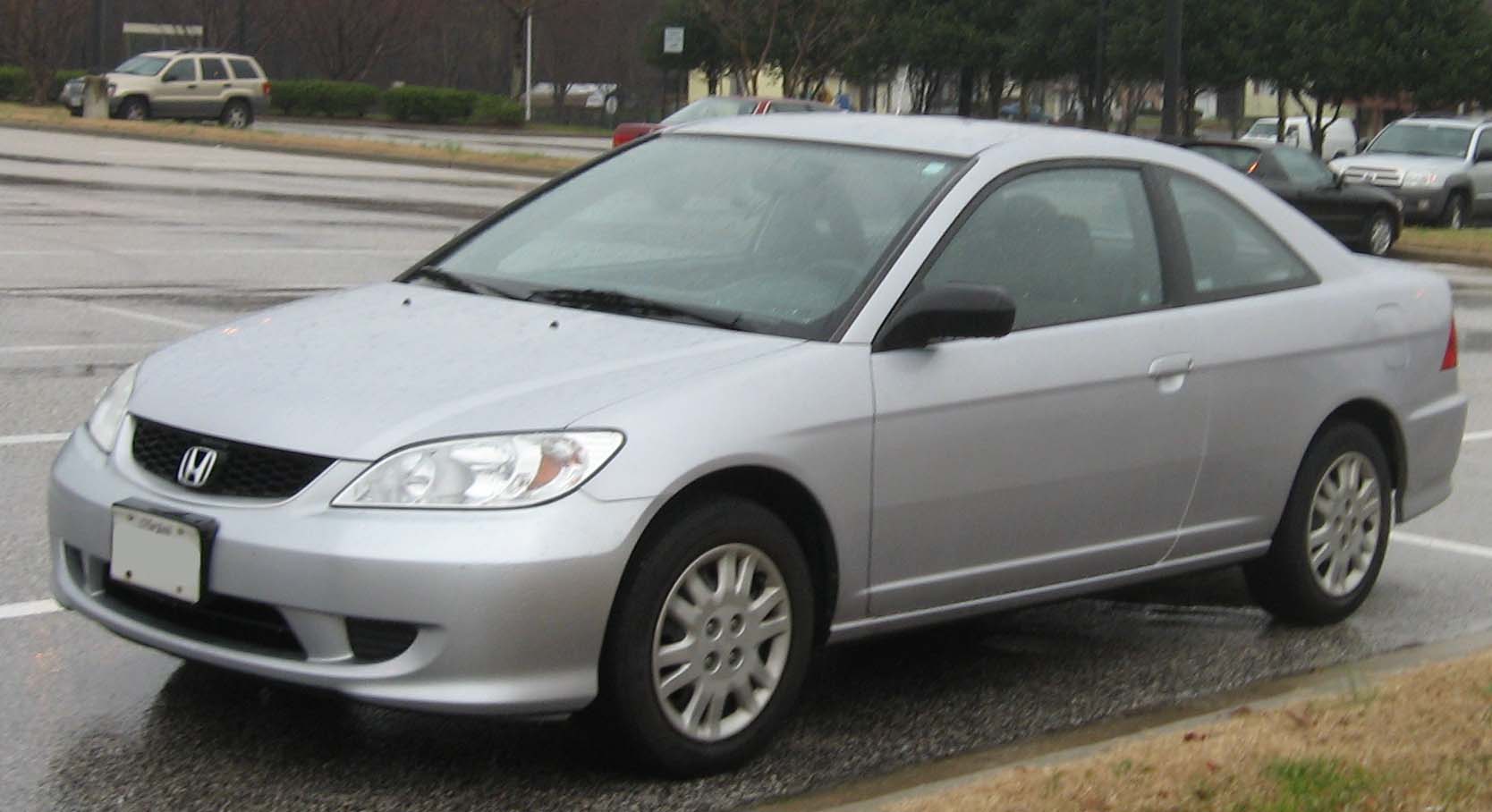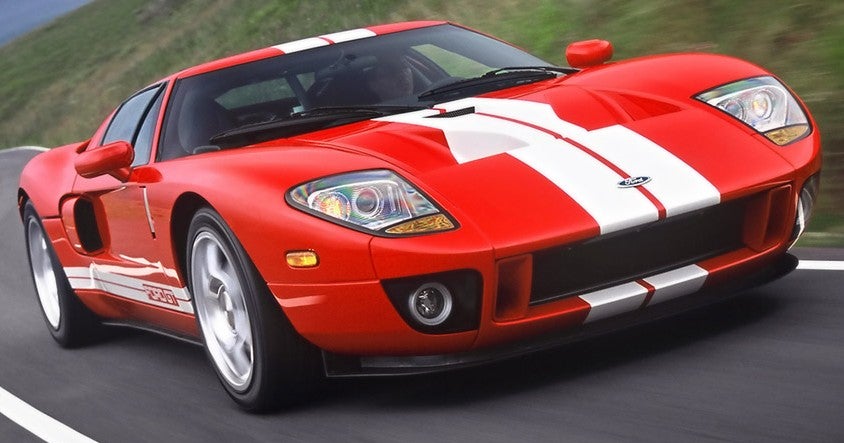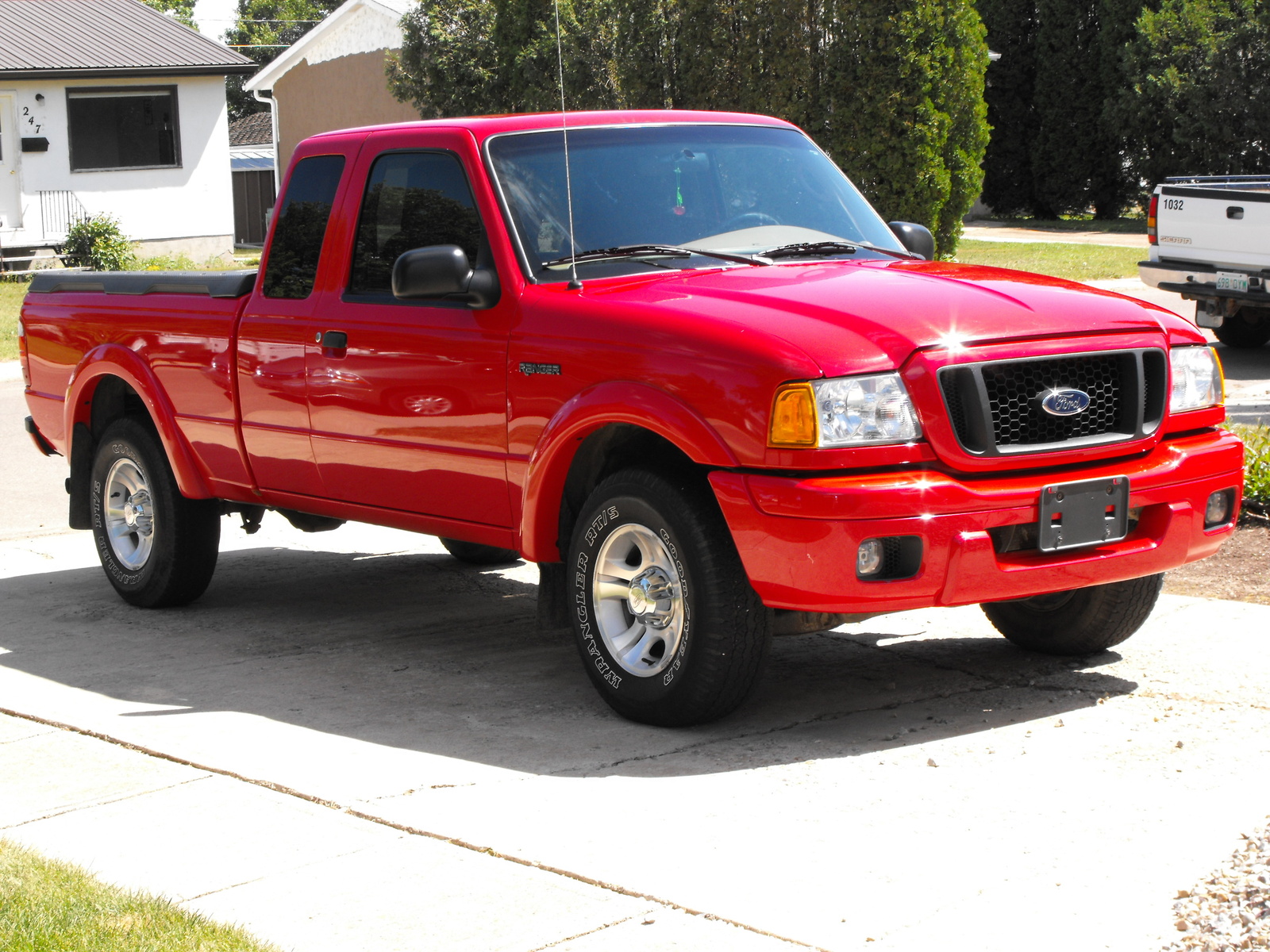- Approximately 350,000 vehicles1 to be added to the prior passenger airbag inflator recall
- Vehicles previously covered by voluntary national driver airbag inflator Safety Improvement Campaigns (14V-351 and 15V-153) will transition into a formal recall with no new additional vehicles requiring repair
Honda will add approximately 350,000 vehicles to its recalls of Takata airbag inflators in the United States following a recently announced defect determination by Takata. However, most of the vehicles deemed at risk in Takata's defect determination report.
These were already subject to previous voluntary actions taken by Honda, including a national Safety Improvement Campaign (SIC) for driver front airbag inflators and a passenger front airbag inflator recall that was focused on regions with specific environmental conditions.
It may take several weeks for Honda to determine the specific list and the final count of additional Honda and Acura vehicles included in the initial recall population of passenger side airbag inflators identified by Takata, but the mailed notification to registered owners will occur within 60 days, as required.
Honda is announcing this action today to encourage owners to take their vehicles to an authorized Honda or Acura dealer for repair once they are able to confirm that their vehicle is included in one of these actions.
American Honda senior vice president of Parts, Service,
Technical, Export & Auto Operations, Bruce Smith commented: "The vast majority of Honda and Acura vehicles impacted by last week's announcement were already covered by past recalls or safety improvement campaigns. In fact, many of these vehicles have already been repaired – we've replaced nearly two-million inflators since 2013, most of those in the last nine months alone."
Passenger Front Airbag Inflator Recall Expansion
Honda will expand the number of vehicles affected by the existing November 2014 passenger airbag inflator recall (NHTSA No. 14V-700) in the United States to include approximately 350,000 Civic vehicles from the 2005 model year and Accord vehicles from the 2006-2007 model years.
While some 2005 Civic models were previously included, no Accord vehicles from the listed model years were included in the previous action.
Honda has not received any claims of passenger airbag inflator rupture in these model year vehicles. The same free repair - replacement of the passenger front airbag inflator - will be completed on these additional vehicles.
The passenger front airbag inflator recall initially has been limited to areas2 of the U.S. and its territories that experience consistent levels of high absolute humidity, based on the nature of Takata's defect determination. If Takata or the NHTSA later determine that a defect exists in additional vehicles or in other areas, Honda will expand this action as required to help ensure the safety of its customers.
Driver's Front Airbag Inflator Recall Transition
In December 2014, Honda initiated a voluntary national Safety Improvement Campaign (14V-351) to replace driver front airbag inflators in certain 2001 through 2011 Honda and Acura vehicles in the United States.
That action was later expanded to include 2008 Pilot models (15V-153). As a result of the defect determination made by Takata, Honda will transition these same vehicles, already eligible for a free repair under the voluntary SICs, into a formal recall -- with no new additional vehicles requiring repair.
Honda expects to have specific vehicle information about the vehicles added to the passenger airbag inflator recall available online, through dealers and by phone through Honda and Acura customer service after June 15. We encourage any concerned owner to check their vehicle status now and again after that date. Consumer information about recalls can be obtained at
www.recalls.honda.com and www.recalls.acura.com
or by calling (800) 999-1009 for Honda owners or (800) 382-2238 for Acura owners, and selecting option 4.
Summary of models affected by one or more Takata airbag inflator recall or SIC (certain specific models only):
- 2001-2007 Honda Accord
- 2001-2005 Honda Civic
- 2002-2006 Honda CR-V
- 2003-2011 Honda Element
- 2002-2004 Honda Odyssey
- 2003-2008 Honda Pilot
- 2006 Honda Ridgeline
- 2003-2006 Acura MDX
- 2002-2003 Acura TL
- 2003 Acura CL
- 2005 Acura RL
1 Preliminary number of additional affected vehicles provided. The final number is pending review of vehicle registration records to determine all affected vehicles originally sold in or ever registered in the affected states and territories.
2 List of 13 U.S. states and territories with affected vehicles currently included by Honda and Acura in the passenger front airbag inflator recall: Alabama, Florida, Georgia, Hawaii, Louisiana, Mississippi, South Carolina, Texas, Puerto Rico, U.S. Virgin Islands, Saipan, Guam and American Samoa.
